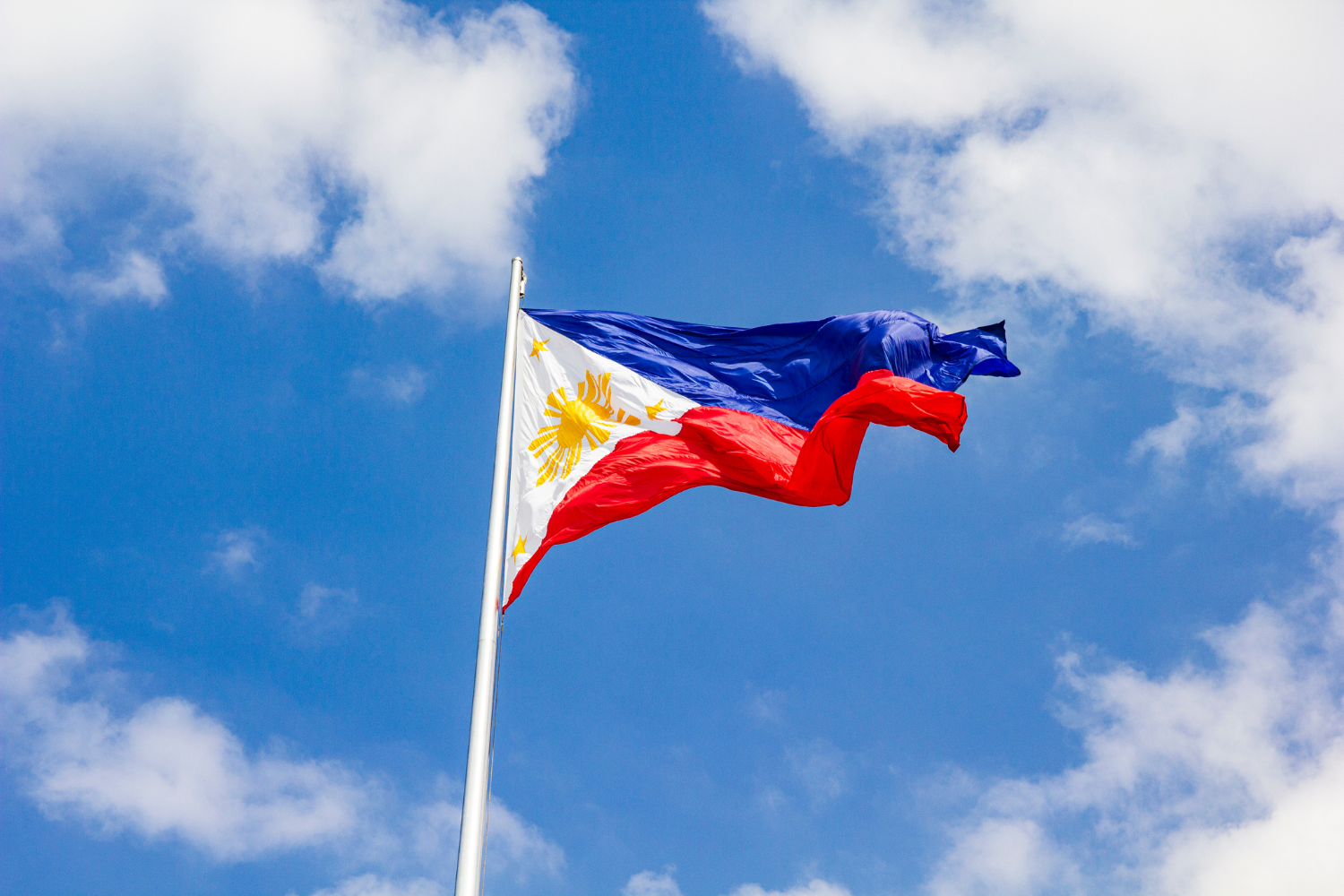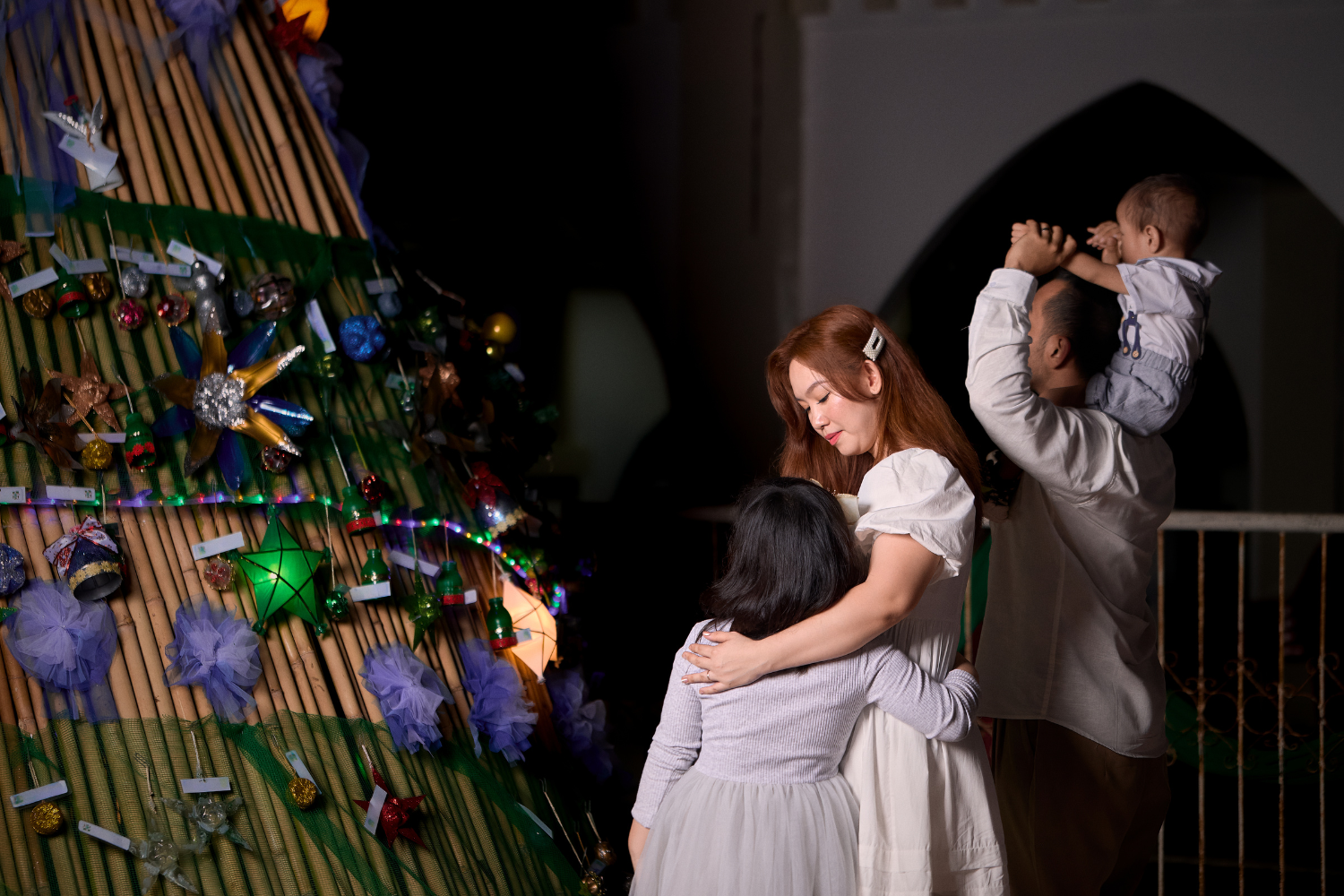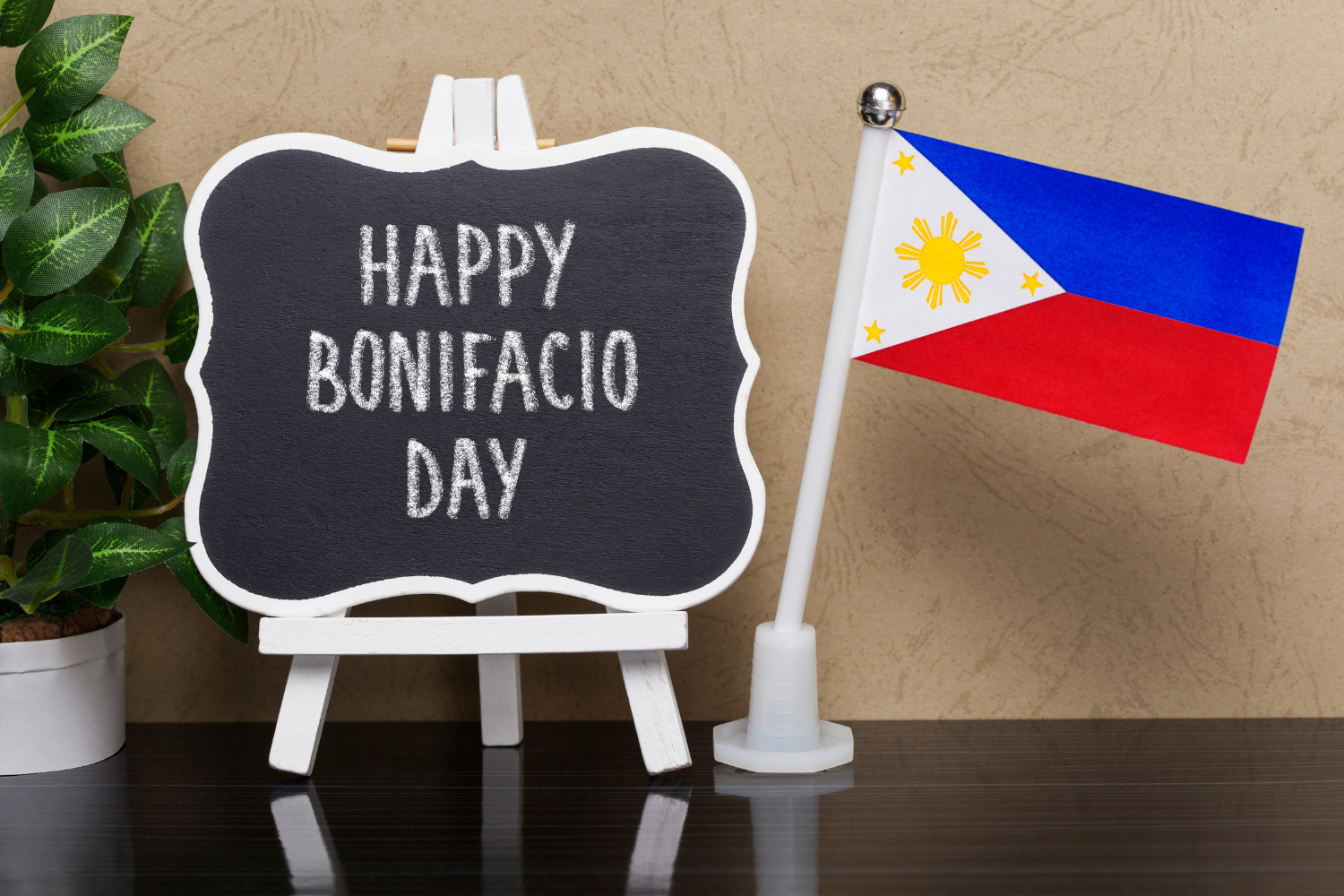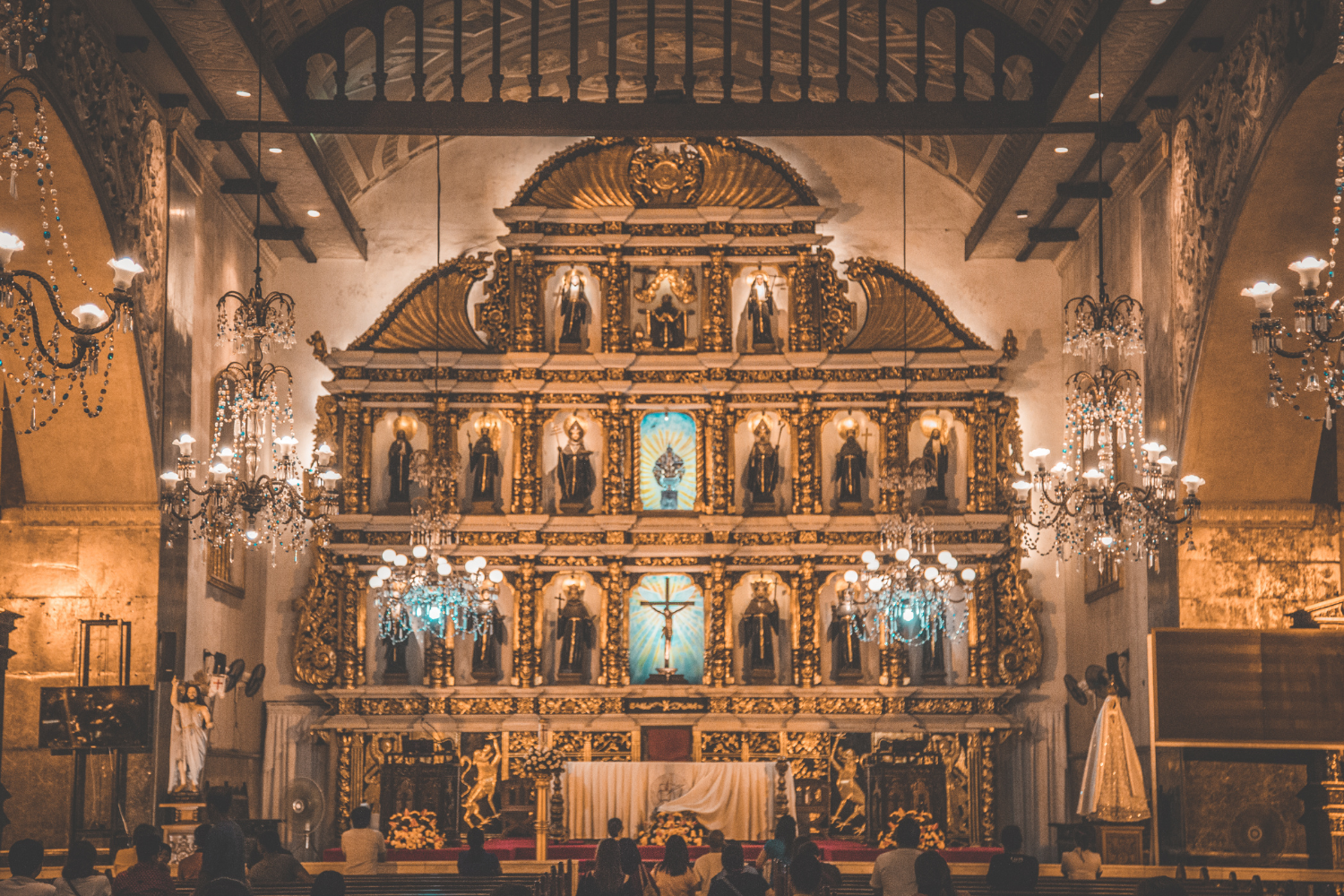Understanding Filipino holidays and religious practices for employers is essential when managing a remote team in the Philippines. Filipino employees observe a mix of national holidays, religious observances, and local holidays that can impact business operations, especially around Holy Week, Christmas Eve, New Year’s Eve, and Easter Sunday. These public holidays are often tied to religious beliefs, cultural traditions, and historical events like Bonifacio Day, Rizal Day, National Heroes Day, and Independence Day.
Employers must understand the distinctions between regular holidays, special non-working holidays, and special working days under Philippine labor law, especially regarding pay entitlements and work on rest days. Observing religious activities tied to the liturgical calendar, Islamic calendar, and Islamic lunar calendar is also important, especially when working with Muslim Filipinos.
Respecting Filipino work culture, accommodating family events, and monitoring local government holiday announcements can improve morale and reduce scheduling conflicts. This article explains how to follow Philippine holidays, provide reasonable accommodations, and seek assistance with compliance as you build a strong Filipino team.

Why Time Off and Cultural Respect Matter in Offshore Hiring
Time off in the Philippines is more than a legal benefit—it’s a sign of respect. For many Filipino workers, honoring religious observance, attending family gatherings, and celebrating religious celebrations are non-negotiable parts of life. These are tied to sincerely held religious beliefs, national pride, and cultural traditions.
Employers who acknowledge this by respecting Filipino holidays show they value more than just productivity. Offering holiday pay, flexible time off, or accommodation for religious activities helps build stronger relationships. It also boosts retention and loyalty by supporting work-life balance and cultural values.

Paid Time Off (PTO) Expectations in the Philippines
When hiring Filipino remote employees, it’s essential to understand how paid time off works locally. Time off expectations often reflect Filipino work culture and even independent contractors value employers who offer rest and reasonable accommodations.
10–15 days/year is common for full-time remote roles
Under the Labor Code, only 5 days of Service Incentive Leave (SIL) are required by law. This includes both special holidays and vacation time. While not legally required for contractors, this PTO range is widely expected in long-term roles.
Sick leave and vacation are typically combined
In the Philippines, sick leave and vacation leave are often pooled into a single PTO balance. Many employers combine sick and vacation leave into a general PTO policy, though this isn’t mandated under Philippine labor law and may vary by company. Employers should be clear about how time off is tracked and approved to align with local laws.
Even contractors often expect some form of flexibility
While the Labor Code doesn’t require PTO for contractors, many Filipino team members still expect flexibility around major Philippine holidays, especially for Christmas holidays, Holy Week, and All Saints’ Day. Offering rest days or flexible schedules during public holidays helps with morale and commitment.

Philippine National Holidays to Be Aware Of
The Philippines observes several national holidays each year. These affect business operations across industries and are recognized under regular and special holidays.
Regular holidays (e.g. Christmas, New Year’s, Holy Week)
Regular holidays are observed nationwide, and Filipino employees are entitled to holiday pay if they work on these days. These holidays commemorate key religious observances and national historical events.
Regular Philippine Holidays include:
- New Year’s Day – January 1
- Maundy Thursday – movable date (Holy Week)
- Good Friday – movable date (Holy Week)
- Araw ng Kagitingan (Day of Valor) – April 9
- Labor Day – May 1
- Independence Day – June 12
- National Heroes Day – last Monday of August
- Bonifacio Day – November 30
- Christmas Day – December 25
- Rizal Day – December 30
Special non-working holidays (e.g., Ninoy Aquino Day, Eid’l Fitr)
Special non working holidays are also recognized but treated differently under the Labor Code. These holidays may include religious observances tied to the Islamic calendar or local customs. Holiday pay is typically not required unless the employee works on the day.
Common Special Non-Working Holidays include:
- Ninoy Aquino Day – August 21
- All Saints’ Day – November 1
- All Souls’ Day – November 2 (observed informally)
- Feast of the Immaculate Conception – December 8
- Christmas Eve – December 24 (more often declared as a special non-working holiday or a special working day, depending on the year)
- New Year’s Eve – December 31 (may be declared a special non-working holiday depending on the annual proclamation)
- Black Saturday – sometimes declared as a special non-working holiday during Holy Week
- Eid’l Fitr – date based on Islamic lunar calendar
- Eid’l Adha – date based on the Islamic calendar
How employers usually handle: fixed vs. flexible observance
Companies hiring remote employees in the Philippines generally take one of two approaches when handling holidays in the Philippines—fixed or flexible observance. Understanding this helps teams plan workloads and ensure cultural alignment.
| Observance Style | Description | When It Works Best |
|---|---|---|
| Fixed Holidays | Follows the regular Philippine holidays and special holidays calendar. All team members are off. | Companies that fully follow Philippine holidays |
| Flexible Observance | Allows employees to choose days off, especially for religious practices or local holidays | U.S.-based firms that need constant coverage across business operations |

Cultural Significance of Major Holidays
Filipino holidays are deeply connected to religious practices, family gatherings, and cultural traditions. Understanding what these days mean to your Filipino team helps you schedule fairly and strengthen working relationships.
Christmas is the biggest family-centered holiday (it starts in September!)
Christmas holidays in the Philippines are celebrated longer than in most countries, starting as early as September. Christmas Eve and Christmas Day are peak celebration times, often involving family reunions, gift-giving, and religious services.
Many Filipino employees travel to their hometowns during this season. December 24 and 25 are usually non-working days, and many companies avoid assigning tasks between those dates and New Year’s Eve to honor both the public holiday and the importance of time spent with loved ones.
Holy Week often involves travel and extended family time
Holy Week is a significant religious observance in the Philippines, including Maundy Thursday, Good Friday, Black Saturday, and Easter Sunday. Many families take a week off, and religious events dominate the schedule.
Businesses that operate during this period often see reduced productivity due to travel, limited internet access, and local holidays declared by local government units. Offering rest day flexibility during this time aligns with Filipino work culture.
Muslim workers may observe Eid—check regional backgrounds
In southern regions like Mindanao, Muslim Filipinos observe that Eid’l Fitr and Eid’l Adha are declared regular or special non-working holidays via annual presidential proclamations, not automatically regular holidays. These special non-working holidays are widely observed, but not all are national holidays. Some are declared by local government units or through annual proclamations.
Teams with remote employees from these areas should be prepared for leave requests, as religious celebrations during Eid involve prayer and large family gatherings. During the hiring process, it’s best to ask if team members may need time off for Eid to plan schedules early.

How to Handle Leave Requests and Scheduling
Managing time-off requests in the Philippines means balancing business operations concerning religious activities and local holidays. Clear communication keeps things smooth.
Encourage advance notice for long holiday breaks
Long Filipino holidays, like Christmas, Holy Week, and National Heroes Day, often involve travel. Asking your team to submit leave requests early helps avoid gaps in team member coverage. Reminders before peak seasons allow enough time to adjust workloads and avoid last-minute changes that disrupt business operations.
Provide flexibility for regional or family celebrations
Some local holidays and religious beliefs vary by region. For example, Souls Day (November 2) and Saints Day (November 1) are widely sometimes declared a special non-working holiday but are not a regular holiday.
Supporting time off for religious observance or family gatherings helps reinforce trust and shows cultural sensitivity. Consider building policies that account for both national holidays and local practices.
Avoid mandatory work on December 24, 25, and January 1 if possible
Christmas Eve, Christmas Day, and New Year’s Day are among the most critical days Filipinos celebrate. Forcing work on these days can hurt morale. Avoid scheduling tasks or meetings during these regular holidays unless your operations require it. If work must continue, offer holiday pay, compensatory time off, or bonus incentives to recognize the cultural traditions of your Filipino workers.

Religious Observances You Should Accommodate
Religious practices are part of daily life in the Philippines. Allowing room for faith-based needs makes a difference in retention and performance.
Catholics may request Good Friday and Holy Week time
Many Catholic Filipino employees take Good Friday, Maundy Thursday, and even Black Saturday seriously. These days involve prayer, fasting, and community rituals. Providing time off during Holy Week or adjusting schedules around these dates reflects your willingness to observe religious practices and may foster stronger working relationships.
Muslims in Mindanao may request time off for Eid
For Muslim Filipinos, Eid holidays are just as important as Christmas is for Catholics. Employees may request leave based on the Islamic lunar calendar so that dates can shift from year to year. While these holidays are special non working and recognized as national holidays, your team may still work through them unless planned. Always check regional and local government unit guidelines during onboarding.
Respect personal and religious commitments with empathy
No matter the faith—Catholic, Muslim, or others—respecting religious beliefs and religious practices helps build loyalty. If an observance causes a scheduling conflict, offer reasonable accommodations as long as it doesn’t cause undue hardship for the business. A flexible attitude goes a long way in supporting your Filipino remote team.

Example: A Startup’s Flexible Holiday Policy That Improved Retention
One U.S.-based startup working with a Filipino remote team redesigned its holiday approach to reflect Filipino holidays and religious practices for employers better. The result was stronger loyalty and fewer resignations after major breaks.
Allowed team to choose 3 custom cultural holidays
Instead of assigning all time-off days, the startup lets each team member pick three days that mattered most to their religious beliefs, family gatherings, or local holidays. Some chose Eid’l Fitr, Saints Day, or National Heroes Day. This simple option showed respect for religious practices and helped employees feel seen without disrupting business operations.
Closed operations Dec 24–26 with no required check-ins
The company shut down from Christmas Eve through the 26th to honor the Christmas holidays. They skipped meetings, messages, and tasks—no silent pressure to “stay online.” This small gesture aligned with Philippine holidays and gave the team uninterrupted time for rest and religious celebrations.
Result: Higher engagement and no post-holiday churn
After making these changes, the startup reported stronger post-holiday morale, increased responsiveness, and no resignations in Q1 following their new holiday policy, though many factors may contribute to retention. Their flexible, culturally aware approach to regular and special holidays helped turn leave policies into a powerful retention tool for Filipino employees.

Tips for U.S. Founders: Building a Culturally Aware Leave Policy
Designing a time-off policy that fits U.S. business needs and Filipino work culture leads to better engagement and smoother collaboration.
Align with both your company calendar and PH norms
Review regular Philippine holidays and key U.S. dates. Build your leave calendar to reflect both. Mark Labor Day, Independence Day, and Bonifacio Day, and decide which national holidays your team will follow. Let team members know which days are fixed and which are flexible.
Acknowledge key holidays in Slack or during team calls
Filipinos post greetings or acknowledgments when they celebrate essential events like Holy Week or Easter Sunday. It’s a simple way to recognize cultural traditions and build goodwill during religious observance periods.
Offer optional flex days around religious or family events
Instead of only offering U.S.-based days off, allow team members to use special non working holidays for events like Souls Day, Good Friday, or Immaculate Conception. Providing this option shows you support their religious activities without needing to understand every detail.

Final Thoughts: Respect Is the Best Retention Strategy
Supporting Filipino holidays and religious practices for employers isn’t just about compliance but building trust. When you allow space for religious observance, local traditions, and family gatherings, you send a clear message that your Filipino remote team is valued.
Offering paid rest days, observing key national holidays, and making room for reasonable accommodations help you avoid undue hardship while improving morale. In return, you’ll see higher engagement, better retention, and long-term loyalty that fuels sustainable growth.
Frequently Asked Questions
What are the main regular holidays in the Philippines?
Regular holidays include New Year’s Day, Good Friday, Independence Day, Bonifacio Day, Christmas Day, and Rizal Day.
Do Filipino workers expect time off on Christmas Eve and New Year’s Eve?
Yes, many expect time off or reduced hours on Christmas Eve and New Year’s Eve, even if the law doesn’t require it.
What’s the difference between regular and special non-working holidays?
Regular holidays often come with holiday pay if worked, while special non working holidays usually don’t unless company policy says otherwise.
Are U.S. employers required to follow Philippine labor laws?
U.S. employers don’t have to follow all labor laws, but honoring local holidays and providing reasonable accommodations builds stronger relationships.
How can I support Muslim Filipino employees during Eid?
Ask if they follow the Islamic calendar and allow time off around Eid’l Fitr or Eid’l Adha—these are critical religious celebrations in Muslim communities.
References
- CRS Reports. (2025). Muslim Holidays: Fact Sheet. https://crsreports.congress.gov/product/details?prodcode=R45003
- Department of the Interior and Local Government (DILG). (2022). Legal Opinions. https://www.dilg.gov.ph/legal-opinions/Whether-the-Local-Government-Unit-has-the-power-to-declare-a-local-non-working-holiday/1358
- Labor Law PH Library. (2023). handbook on workers’ statutory monetary benefits. https://library.laborlaw.ph/wp-content/uploads/2023/10/2023-Handbook-on-Workers-Statutory-Benefits.pdf
- Official Gazette of the Republic of the Philippines. (2024). Philippine Holidays. https://www.officialgazette.gov.ph/nationwide-holidays/
- People Management Association of the Philippines. (2024). CIRCULAR NO. : 2024 – 070 – Labor Advisory No. 10 Payment of Wages for the Special (Non-Working) Days on November 01 and 02, 2024, and Regular Holiday on November 30, 2024. https://pmap.org.ph/circular-no-2024-070-labor-advisory-no-10-payment-of-wages-for-the-special-non-working-days-on-01-02-nov-2024-and-regular-holiday-on-30-nov-2024/
- PMAP Cebu. (2020). Guidelines on Adoption of Flexible Work Arrangements. https://www.pmapcebu.com/wp-content/uploads/2020/03/RSA.WFH_.Labor-Law.PMAP-31March2020-Recovered.pdf
- U.S. Department of State. (2022). 2022 Report on International Religious Freedom: Philippines. https://www.state.gov/reports/2022-report-on-international-religious-freedom/philippines/
- Supreme Court E-Library. (1974). A DECREE INSTITUTING A LABOR CODE THEREBY REVISING AND CONSOLIDATING LABOR AND SOCIAL LAWS TO AFFORD PROTECTION TO LABOR, PROMOTE EMPLOYMENT AND HUMAN RESOURCES DEVELOPMENT AND INSURE INDUSTRIAL PEACE BASED ON SOCIAL JUSTICE. https://elibrary.judiciary.gov.ph/thebookshelf/showdocs/26/25306




